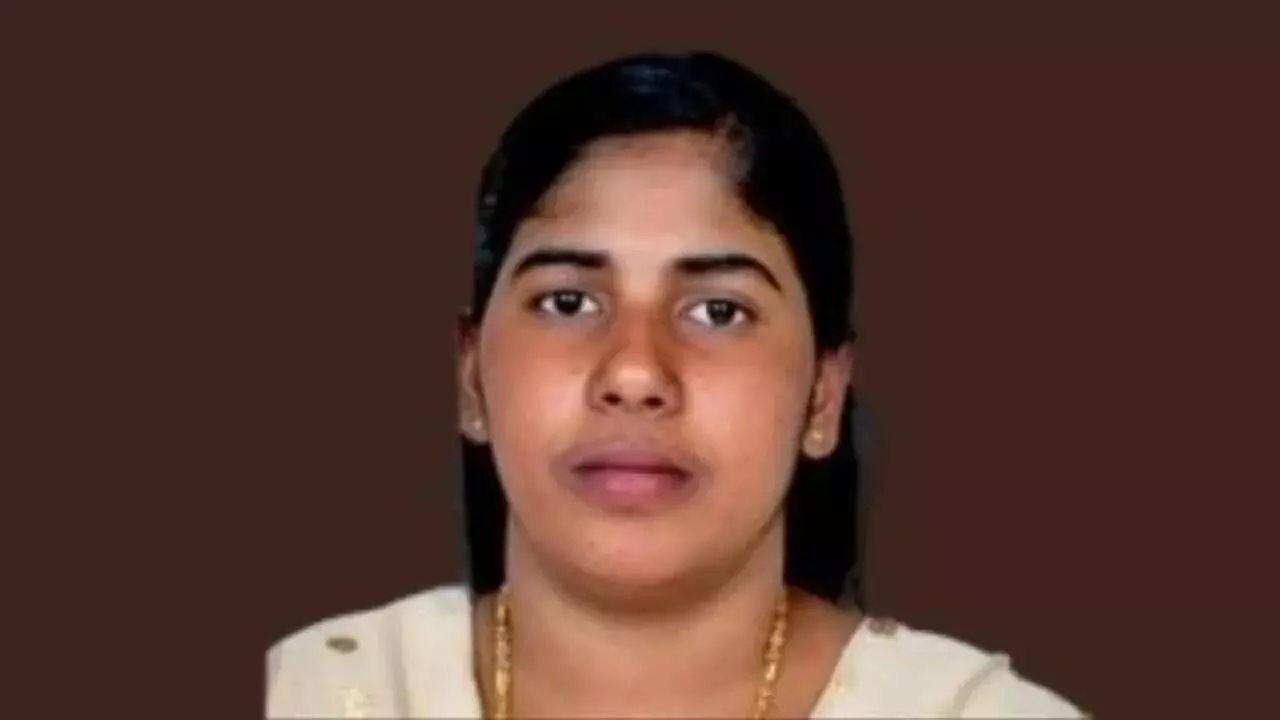Nimisha Priya Case: Yemeni Victim’s Family Demands 'God’s Law' Under Qisas – What It Means for the Kerala Nurse
In a critical turn, the Yemeni family of the murder victim in the Nimisha Priya case is demanding Qisas or "God’s Law," complicating efforts to save the Indian nurse from execution. Here's what Qisas means
image for illustrative purpose

The case of Nimisha Priya, a Kerala nurse convicted of murder in Yemen, has taken a more complex turn as the victim’s family has now refused to accept blood money and is demanding Qisas — an Islamic legal principle often referred to as “God’s Law.”
According to reports, Yemeni officials informed Indian authorities that the victim’s family is no longer willing to negotiate a diya (blood money) settlement. Instead, they are now seeking Qisas, which implies seeking equal retribution — in this case, execution of the convict.
What is Qisas?
In Islamic jurisprudence, Qisas allows the family of a murder victim to seek:
Equal punishment (an eye for an eye), or Pardon in exchange for diya (compensation/blood money)
In Priya’s case, this means her life may no longer be spared unless the family voluntarily pardons her — a situation that makes the legal and diplomatic process much more difficult.
🇮🇳 Diplomatic and Legal Implications:
Nimisha Priya was convicted in 2017 for murdering a Yemeni national. Multiple Indian humanitarian and legal groups have been working to negotiate a settlement, but with the latest demand for Qisas, efforts to commute her death sentence are facing severe setbacks.
Indian officials and legal experts warn that if the family stands firm on Qisas, only a formal pardon can now save her from the death penalty — as Yemeni law gives the victim’s family the final say.
Meanwhile, campaigns in India continue, urging the Indian government to intervene diplomatically.Nimisha Priya case, Kerala nurse Yemen case, Qisas meaning, God’s law Islam, Yemeni victim family, Nimisha Priya execution, diya vs qisas, India Yemen murder case, Nimisha Priya latest news, Islamic law in murder cases

